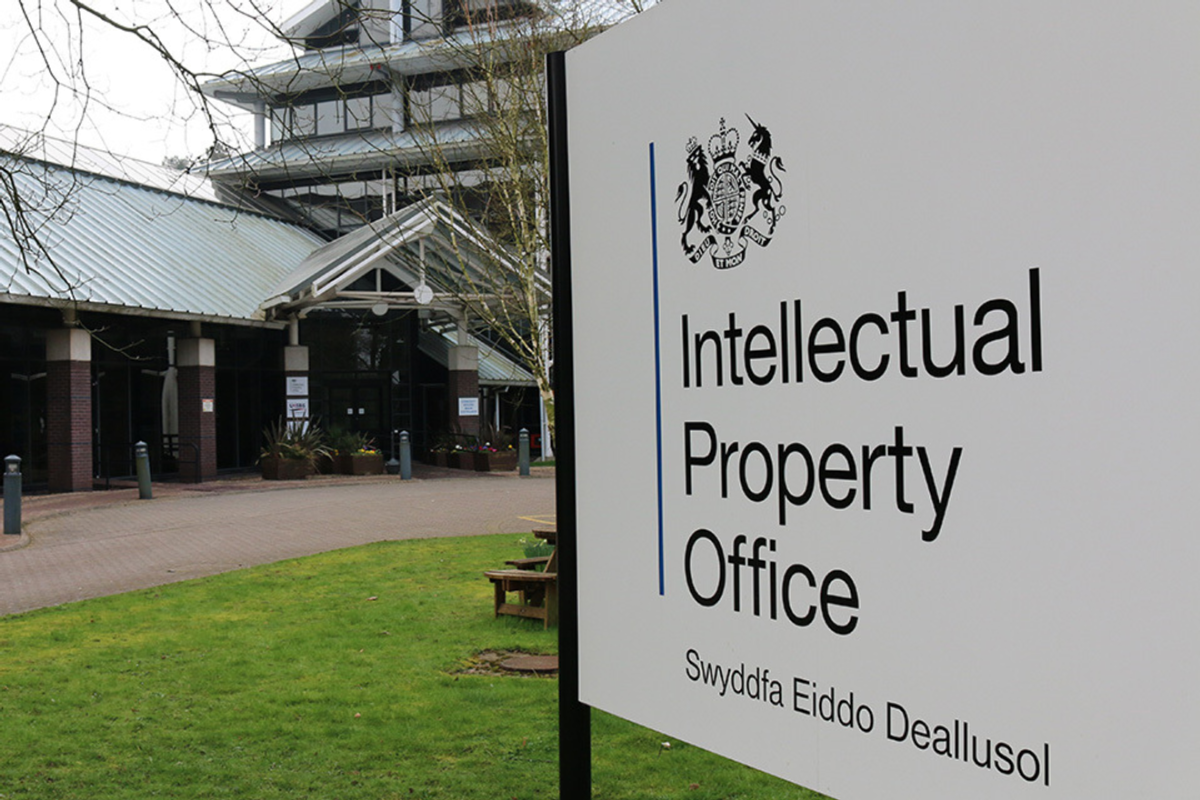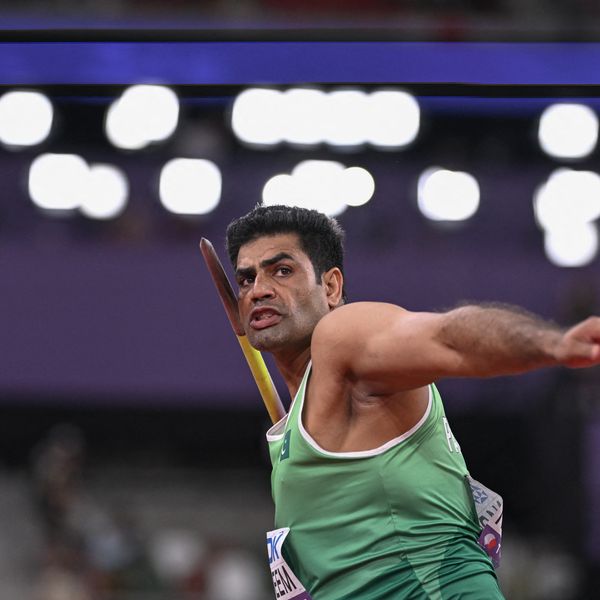UK govt report points out gaps in Pakistan’s IP enforcement
OICCI says report validates its finding of PKR 800 billion losses due to IP theft
Business Desk
The Business Desk tracks economic trends, market movements, and business developments, offering analysis of both local and global financial news.

Report says Pakistan's IP enforcement regime is fragmented.
UK Intellectual Property Office
A UK government report has called the intellectual property theft “one of the greatest challenges” in Pakistan and said the lack of enforcement is hindering the country’s progress towards becoming a hub of innovation and trade.
The report, commissioned by the UK Intellectual Property Office (UKIPO), the Department for Business & Trade (DBT), and the British High Commission in Pakistan, highlights that IP rights holders face “significant problems and losses” in Pakistan, where copyright piracy and trademark counterfeiting are rampant.
It said the high levels of IP infringement in Pakistan were due to a number of factors including low penalties for IP infringement; “fragmented institutional framework” where at least six government agencies are tasked with IP enforcement; lack of capacity of police and the Federal Investigation Agency (FIA) to ensure prosecutions; inadequate capacities in Pakistan customs for border controls; limited digital IP protection; and low levels of IP awareness.
The report cited a recent survey by the Overseas Investors Chamber of Commerce & Industry (OICCI), which found that copyright piracy and trademark counterfeiting cost Pakistan’s economy an estimated PKR 800 billion (£2.2 billion) in 2023.
The OICCI has welcomed the report, noting that its findings strongly validate the Chamber’s longstanding call for urgent IP enforcement reforms.
While commenting on the report, British Deputy High Commissioner Karachi, Lance Domm, said the enforcement of intellectual property rights is vital for business confidence and economic growth.
“This report sets out a path to strengthen Pakistan’s IP system through policy dialogue, technical support and awareness building. The UK is committed to working with the Government of Pakistan and businesses to help create a safer and fairer business environment.”
OICCI Secretary General, M. Abdul Aleem, said strong enforcement is not just a legal matter; it is a critical economic priority, without which Pakistan risks continued revenue losses, consumer harm, and a weaker investment climate.
“OICCI works closely with IPOP to drive stricter IP enforcement in Pakistan and has been a staunch advocate for a stronger, well-resourced IPOP, backed by effective inter-agency coordination.”
The report by UK government acknowledged Pakistan’s progress in improving legislation for copyrights and industrial property since 2020.
The country has introduced stronger enforcement provisions, including stricter penalties and minimum tariffs for infringements and clearer protection for IPRs from digital piracy and online infringement, it added.
However, these changes “have not altered the existing institutional framework for IP enforcement”.
The report was compiled after engagement with key stakeholders, including WIPO, IPOP, the IPR Unit in Pakistani customs, the UK Anti-Counterfeiting Group and the OICCI.










Comments
See what people are discussing